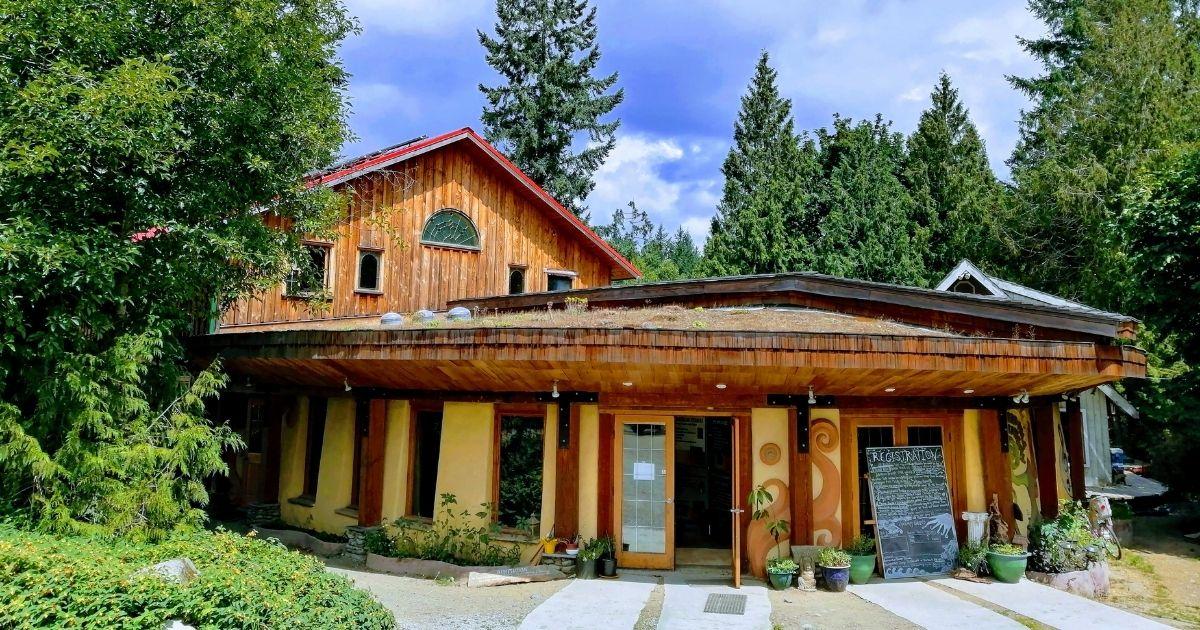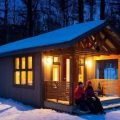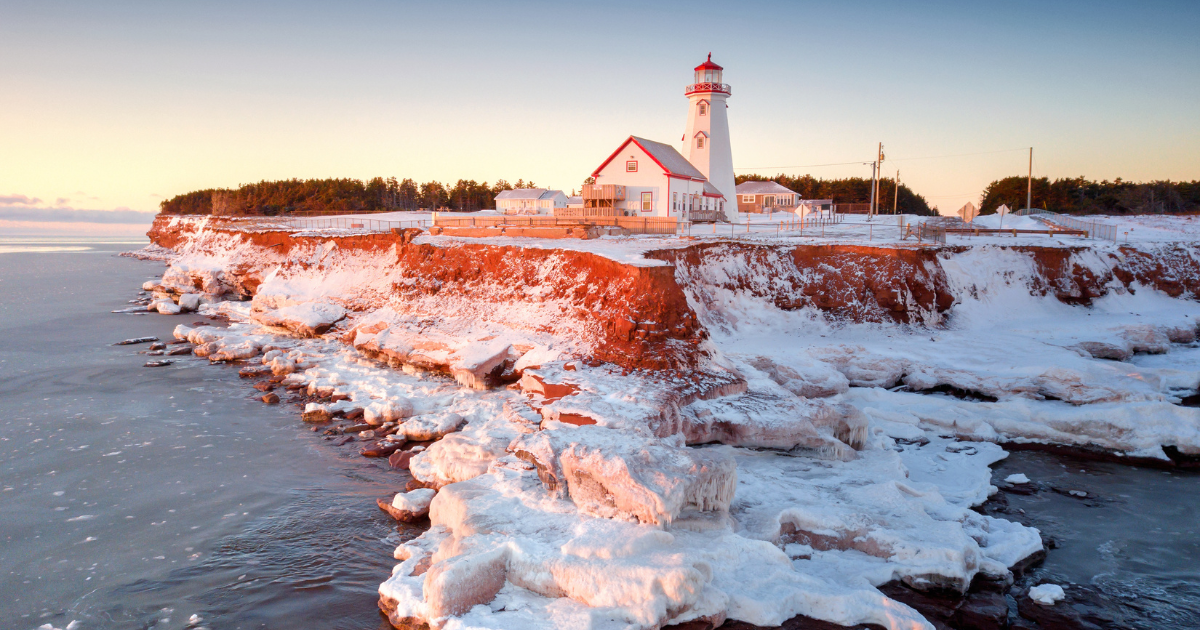It almost seems impossible, doesn’t it? A utopia where everyone knows one another, respects one another and supports one another? All while living as responsibly and as sustainably as possible? And yet, in intentional communities across the country and indeed the world, like-minded citizens are coming together to create this ideal “eco-village” for themselves.
According to the Global Ecovillage Network, an eco-village is an intentional, traditional or urban community that is consciously designed through locally owned participatory processes in all four dimensions of sustainability (social, cultural, ecological and economical) to regenerate social and natural environments. In 1996, environmentalist Joan Bokaer developed the vision for the first eco-village, which would eventually be built on the outskirts of Ithaca, New York. The concept can now be found in thousands of urban and rural areas around the globe.
Here are four Canadian eco-villages that are leading by example and offering an alternative way of living.
Whole Village
Caledon, Ontario
The Karal (Bradley) farm in northeast Peel Region was purchased by eight families in 2002. It soon became Whole Village Property Co-operative Inc., an authentic example of an eco-village. The first residents of the farm were made up of retired teachers, artists, an architect, a farmer and other professionals. Using the consensus model, they developed plans for a “single-family” dwelling. Greenhaven is the name for the 15,000-square-foot house that 11 families call home.
The community’s 191-acre farm includes a hardwood forest, a provincially significant wetland, pastureland and fertile cropland. Orchards and two edible forest gardens grow fruit and nuts for the community, which also manages a flock of chickens and ducks for eggs, meat and manure. Resources are shared, including space, tools, vehicles and even clothing.
The farm offers a volunteer program open to visitors from around the world, as well as educational tours for school groups and organizations, and research projects that offer a unique insight into community living, organic farming and co-operative culture. wholevillage.org
OUR Ecovillage
Vancouver Island, British Columbia
OUR Ecovillage is the host site for the OUR (One United Resource) Community Association, a registered non-profit society dedicated to the promotion of sustainable community living. It is located on 25 acres near Shawnigan Lake and began operations in 1999 as a group of like-minded individuals who had a vision to create a “sustainable living demonstration site and education centre” rooted in social, ecological and economic well-being.
The idea of OUR Ecovillage had its genesis in the early 1990s, when a number of people lived in a co-operative household in Victoria. Over the years, the 25 acres evolved to include a conservation area, an organic production farm, and an off-grid eco-home cluster of nine homes (in addition to the existing home currently used as a residence and bed and breakfast). During the development, the OUR team began working with engineering and regulatory teams in earthen construction (natural building), using alternative wastewater treatment and other innovative technologies.
Today, people from all walks of life and ages are able to benefit from educational programs facilitated at OUR Ecovillage. Programs include courses and events, a volunteer program, wellness retreats, green burials, and CSA (community-supported agriculture) boxes containing fresh food grown and harvested on the land and other local community goodies ready for pickup each week. ourecovillage.org
Cité Écologique
Ham-Nord, Quebec
In 1983, a teacher named Michel Deunov Cornellier envisioned and organized a kids’ summer camp based on the principle of respect of nature. The camp was a roaring success, prompting Cornellier to build a school in the heart of the countryside. By 1984, families and young people had gathered to share knowledge and skills in solidarity, building homes there. Over time, businesses specializing in organic farming, health services, ready-to-eat meals, baked goods and forest management were created on the site, providing jobs and education for young people.
At Cité Écologique, members live in multi-family houses. They enjoy organic meals, a school, a daycare, carpooling, a library of shared tools, and more. Also offered to the community and to people in the surrounding area are activities and services such as yoga, dance and health care. The community is open to new residents joining; however, there is a strict recruitment process to ensure that all parties are a good fit and share the same values.
Today, Cité Écologique offers visitor tours and an internship program that allows visitors to experience organic farming in an eco-village. A month-long immersive course in eco-village design education is also available, so those interested in developing a sustainable community can better understand the tools required for successful sustainable, collective and ecological projects. citeecologique.org/en_US
Pacific Gardens
Vancouver Island, British Columbia
Pacific Gardens is an intentional community that creates a safe, healthy, scent-free community for all. The eco-village aspires to be a thriving, multi-generational, environmentally conscious community that celebrates connection with each other and personal growth, all in a playful, “me to we” spirit. Residents share and steward resources, care for one another, and work to reduce their environmental footprint for their own well-being, as well as for the well-being of the wider community and future generations.
Completed in 2009, Pacific Gardens is set on 4 acres of former farmland located in Nanaimo’s Harewood neighbourhood. The co-housing complex is surrounded by tall trees, wildflowers, bees, butterflies, eagles and deer, plus a salmon-bearing stream, a seasonal pond with ducks and singing frogs, and a westward view of Mount Benson.
The Common House was built adhering closely to LEED guidelines, to ensure that the construction, occupation and maintenance of the building is environmentally sustainable. It has 25 units and includes a large common kitchen, children’s room, craft room, music/meditation space, gym, woodworking shop, guest suites and more. pacificgardens.ca
An editor with 15-plus years in the publishing business, Catalina Margulis’ byline spans travel, food, decor, parenting, fashion, beauty, health and business. When she’s not chasing after her three young children, she can be found painting her home, taming her garden and baking muffins.











